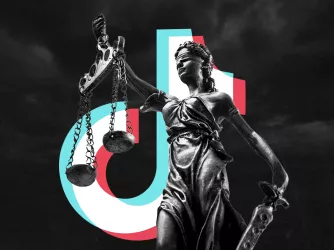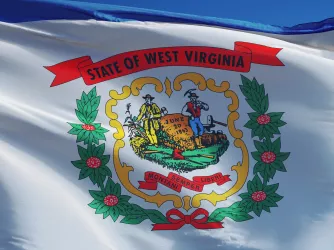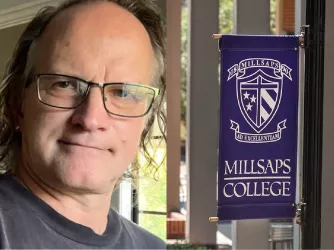Table of Contents
Pressuring College Presidents
The cover story of this week’s Chronicle of
Higher Education is an article entitled “Controversy
at Warp Speed“ (link only good for 5 days for non-subscribers) which
reports the fact that college and university presidents frequently find
themselves on the “hot seat” when controversial protests and other events
happen on their campuses. Chronicle writer Jeffrey Selingo wrote:
Among college leaders, [San Francisco State University’s
president] Mr. Corrigan is hardly alone in his frustration. It used to take
days or weeks, if ever, for an incident simmering on a campus to ignite into a
full-fledged controversy. But now, thanks to e-mail—and, more recently, blogs—news
about even minor campus dust-ups is disseminated much more quickly, and well
beyond the bounds of the college or local community. The president, as the
institution’s public face, must deal with the resulting flood of interest in
his campus’s doings….
Conflicts on campuses are nothing
new, of course. But colleges today are no longer viewed as ivory towers.
Institutions of all sizes and types are under greater scrutiny than ever before
from lawmakers, parents, taxpayers, students, alumni, and especially political
partisans. Empowered by their position or by the fact that they sign the
tuition checks, they do not hesitate to use any available forum to complain
about what is happening at a particular institution.
Generally, the article reads as a lament that controversies
on campus are attracting outside attention, and features a number of quotes
from administrators who seem like they are getting tired of the public nosing about
in their business. Particularly emphasized in the article is the dismay of
college presidents and other administrators who receive emails from dozens,
hundreds, or even thousands of members of the public who have either complaints
or suggestions that they want to make.
What struck me in this article is the seeming desire on the
part of college and university administrators to return to the days when public
accountability for their actions was sorely lacking. It’s a cliché today to
think of academia as an “ivory tower” where normal rules do not apply, and, to
a large extent, this was true in the past. Yet such an environment can exist only
where there is an implicit trust among parents, students, faculty, and
administrators that the university would be a just place where students would
be treated fairly and equitably with the goal of creating an environment where
education could flourish.
Administrative carelessness and corruption have undermined
this trust. Because they emanate from those in authority, they have been highly
destructive to the idea that America
can trust its colleges and universities. When I say carelessness, I am
referring to things like the speech codes that flourished on campuses in the
1980s and 1990s—codes that were clearly contrary to both the letter and the
spirit of the First Amendment, but which were adopted anyway because
administrators found it less trouble to bow to the prevailing campus ideology. And
when I say corruption, I am referring to the shocking and often intentional
disregard for individual rights and/or due process that we find at Occidental College, Indian River Community
College, the University of Oklahoma,
UMass Amherst, Rhode Island College,
the University of New
Hampshire—the list goes on and on.
This carelessness and corruption has undermined the
credibility of college and university administrators in the eyes of the public.
Lamenting the loss of this credibility will do no good—the only way to regain
it is to actually become credible again. Administrators must hold
themselves to a high standard of fairness and justice, and must take
responsibility for learning what is necessary to adequately perform their jobs.
For instance, many need to learn the difference between unprotected harassment
and the protected exercise of speech. FIRE does its best to educate, but
frankly, some application of common sense on the part of administrators would
eliminate a large portion of FIRE’s cases. Another step many administrators
need to take is to actually read and consistently apply their written policies
rather than making arbitrary or emotion-driven decisions.
Bemoaning the email problems of college presidents will
accomplish nothing. If college and university administrators want to see a
return to public deference, they will need to work a lot harder to ensure that
they are people to whom it’s worth deferring.
Recent Articles
FIRE’s award-winning Newsdesk covers the free speech news you need to stay informed.

FIRE statement on Supreme Court’s ruling in TikTok v. Garland

‘The lawsuit is the punishment’: Reflections on Trump v. Selzer — First Amendment News 453

West Virginia Executive Order on ‘DEI’ unconstitutionally limits university classroom discussions.
